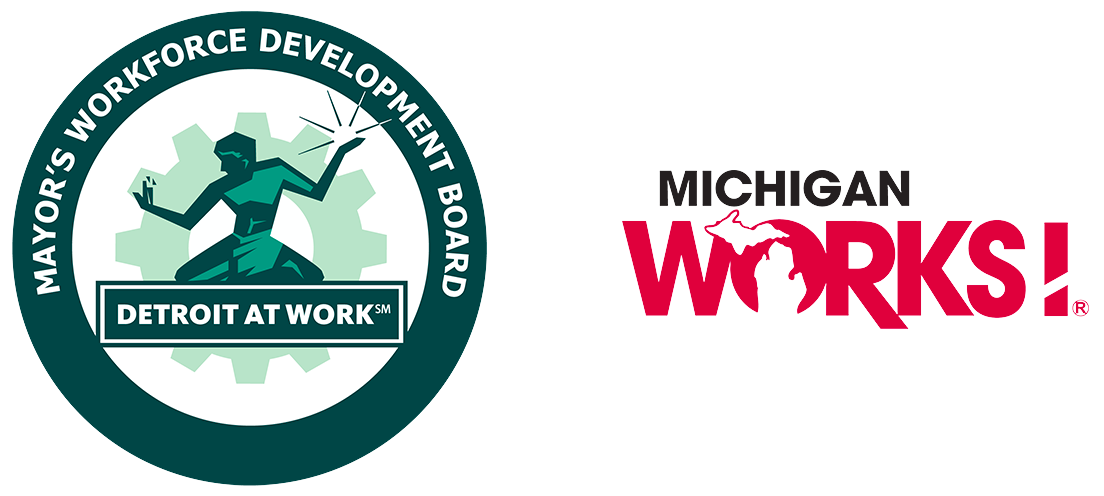$6 million grant helps engineer robotics hub in Southeast Michigan
Robotics and automation is the fastest-growing classification of job growth in the Southeast Michigan region and a top workforce priority to accelerate business efficiency and growth. Leading-edge technologies in these fields — from machines found in the medical field, to automated package handling in airports, to automobile manufacturing — are altering the ways companies and their workers do business.
Though robotics and automation are often discussed in the context of replacing workers, Southeast Michigan is recovering these jobs. In fact, in the last decade, nearly 12,000 robotics and automation jobs have been recovered, increasing employment by nearly 45 percent.
In addition to recovered jobs, employment opportunities in robotics and automation are expected to grow in the coming years, increasing demand for employees with both hard and soft skills in electrical systems, preventive maintenance, communication and problem solving. Current projections indicate an additional 1,500 net new jobs will be created by 2026, and approximately 1,500 individuals will be needed each year to fill open positions. This equates to approximately three open jobs for every graduate who completes relevant training or an education program.
The bottom line: Demand for jobs in robotics and automation is on the rise, but the pool of workers who have the specific skills to fill these jobs is nonexistent or, at best, shallow.
To address employer demand and ready Michigan’s workforce for the jobs of today and tomorrow, the U.S. Department of Labor awarded the Workforce Intelligence Network a $6 million, five-year grant to train nearly 1,000 Southeast Michigan workers in robotics and automation careers. The initiative was named Advance Michigan Catalyst and includes all of WIN’s board member organizations, including 10 community colleges and six Michigan Works! agencies in Southeast Michigan. The Advance Michigan Catalyst initiative will serve unemployed, underemployed and incumbent individuals in a 16-county region encompassing several major manufacturing hubs, including Ann Arbor, Detroit, Flint, Jackson and Pontiac.
Driven entirely by industry, Advance Michigan Catalyst partners have helped identify a pipeline of training extending from GED/high school education to advanced degrees. Each step — tied directly to an engineering or engineering technician pathway — allows for flexibility based on experience level. Newer or lesser-skilled workers can enter the pipeline at an introductory level, while individuals who already have engineering and technician credentials can participate in advanced upskilling.
To address current workforce needs, training is aimed at in-demand occupations and concentrations, including:
- CNC technicians
- commercial/industrial designers
- industrial maintenance
- industrial and mechanical engineers
- robotic technicians and engineers
- robotic welders/solderer
Additionally, the grant provides wraparound services and comprehensive case management for individuals to foster long-term career success and sustainability.
Through the efforts of the collaborative partners of the Advance Michigan Catalyst initiative, nearly 250 individuals have completed training to-date, exceeding the program’s year-to-date goal.
To learn more about Advance Michigan Catalyst, visit winintelligence.org/initiatives/catalyst.
Read the original article here.



